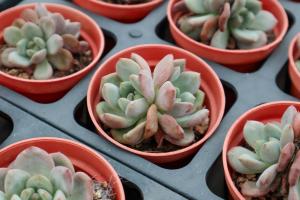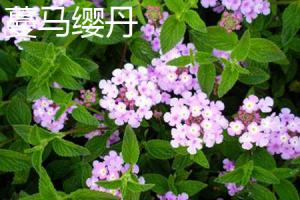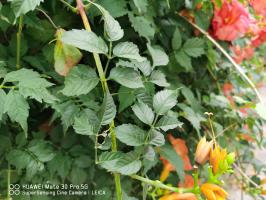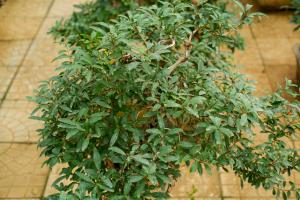How to Keep Ants Out of Plant Pots
Ants can quickly become a nuisance when they invade your plant pots. Not only can they cause damage to your indoor and outdoor plants, but they also create unsightly ant hills around your property. Fortunately, keeping ants out of plant pots is a simple task that can be accomplished with a few steps.
Identify the Source
The first step in getting rid of ants in your plant pots is to identify the source of the infestation. Check the surrounding area for any ant hills or trails. Ants may also be attracted to food sources such as rotting fruit, sweet drinks, or other sugary substances. Once you have identified the source of the ants, you can take the necessary steps to eliminate their presence.
Remove Food Sources
Ants are attracted to food sources, so removing any food around your plant pots can help to discourage their presence. Clean up any spilled food or debris and ensure that there are no sources of food nearby. Additionally, you may want to consider keeping your plants away from areas where food is regularly consumed.
Use Ant Traps
Placing ant traps near your plant pots can be an effective way to capture and kill ants. These traps contain a powerful bait that ants are attracted to, which will then poison and kill them. Place the traps near the plant pots to attract the ants, and ensure that they are placed out of reach of children and pets.
Apply Insecticides
If your ant infestation is particularly severe, you may need to use insecticides to eliminate the problem. There are a variety of insecticides available on the market specifically designed to kill ants. The most common type of insecticide used for ants is a spray, which is typically applied to the areas where they are most frequently seen. However, it's important to remember that most insecticides are toxic and should be used with caution. Be sure to read and follow the instructions on the label carefully.
Use Natural Solutions
For those who prefer to use natural products, there are several solutions that can be used to repel ants. One popular solution is to use a mixture of vinegar and water to spray around the plant pots. Ants are repelled by the strong smell of vinegar, so applying this solution around the pots can help to deter them. Additionally, essential oils such as peppermint or eucalyptus can also be used to repel ants.
Conclusion
Ants in your plant pots can be a frustrating problem, but it's not impossible to get rid of them. By identifying the source of the infestation, removing food sources, using ant traps or insecticides, and using natural solutions, you can effectively eliminate the ants from your plants. With these simple steps, you can keep your plants healthy and free of pesky ants.

 how many times do yo...
how many times do yo... how many planted tre...
how many planted tre... how many pine trees ...
how many pine trees ... how many pecan trees...
how many pecan trees... how many plants comp...
how many plants comp... how many plants can ...
how many plants can ... how many plants and ...
how many plants and ... how many pepper plan...
how many pepper plan...






























